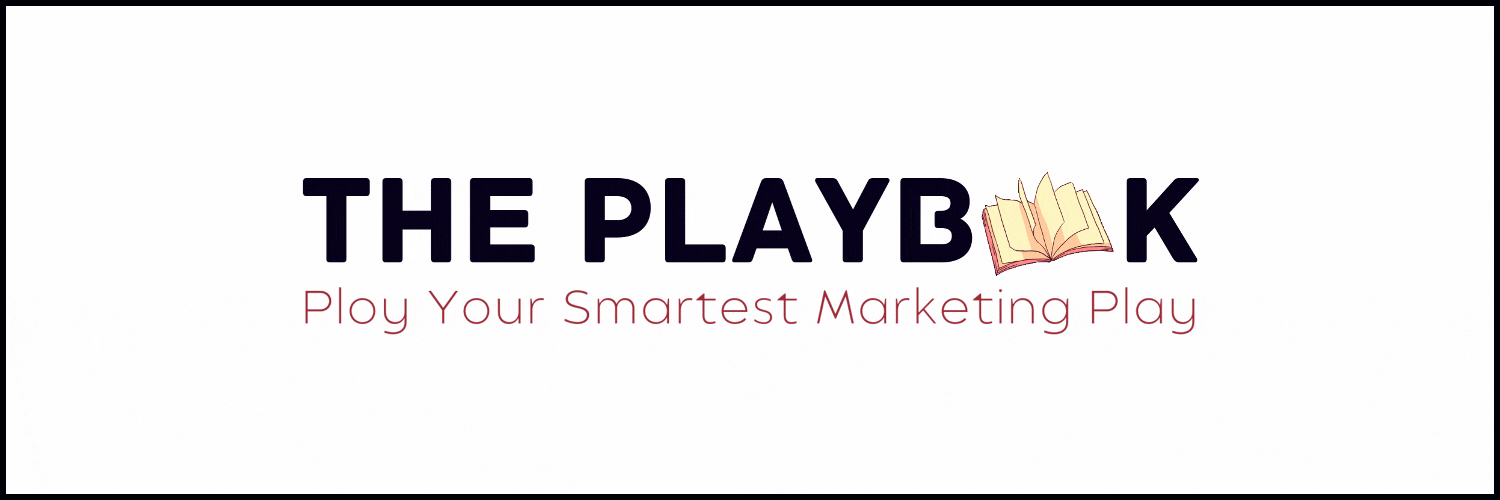The Reverse Upsell
🤯 How a Post-Purchase Downgrade Boosts AOV

Hey Readers 🥰
Welcome to today’s edition, bringing the latest growth stories fresh to your inbox.
And just a quick heads-up! If you stumbled upon us through a friend, make sure to subscribe below! That way, you’ll never miss out on the trending stories.
🤯 The “Reverse Upsell” – How a Post-Purchase Downgrade Boosts AOV
Upsells are everywhere. “Want fries with that?” “Upgrade to express shipping?” “Buy one, get the second for 30% off?”
But what if I told you the most powerful upsell strategy isn’t an upsell at all? It’s a reverse upsell—an offer that lets customers downgrade after purchase… and still makes you more money.
Sounds insane? Let me show you how this works and why it’s secretly a game-changer.
Why Reverse Upsells Work Like Magic
Traditional upsells try to squeeze more money before checkout. But customers are defensive at that stage. They’re carefully evaluating cost vs. value and might abandon the cart if the upsell feels too aggressive.
The reverse upsell flips this. Instead of upselling before purchase, you present a downgrade AFTER checkout—but in a way that actually increases AOV.
How to Use Reverse Upsells for Bigger Profits
1️⃣ Step 1: Sell the Premium Version First
Start by positioning your high-ticket product as the default option. Most customers instinctively choose the best (or second-best) choice—so don’t even mention a lower-cost version yet.
Example: You sell a $299 premium coffee machine with extra features like temperature control and automatic milk frothing.
2️⃣ Step 2: After Checkout, Offer a “Switch” to a Cheaper Option
Once they buy, hit them with this reverse upsell:
“Want to downgrade to our $199 basic version? It’s slightly simpler but still makes amazing coffee. We’ll even throw in a $30 gift card for future purchases.”
Here’s why this works:
- Buyer’s remorse is real—some customers feel they spent too much and might hesitate. Instead of canceling their order, this gives them a softer landing.
- Most won’t switch—but just seeing a lower-priced option reinforces that they made the right decision with the premium purchase.
- Those who do downgrade? You still win—because now they have a gift card, ensuring they return to spend more later.
3️⃣ Step 3: Recover More Revenue from “Downgraders”
The customers who do switch to the cheaper version? They still stay engaged. That $30 gift card makes sure they return—and when they do, they’ll likely spend more than that.
Mind-blowing insight: Brands that use reverse upsells reduce refund rates, keep customers engaged, and actually see higher lifetime revenue per customer.
Final Takeaway: Stop Forcing Upsells—Let Customers Feel in Control
The genius behind the reverse upsell is that it removes buyer hesitation instead of adding pressure. Instead of pushing an upgrade, give them a way out that still leads to higher spending.
Want more sales? Give customers an escape hatch—but make it one that keeps them coming back.
Partnership with Wynter
Get paid up to $600 / hour to give marketing feedback. All you need is a LinkedIn, job title, and marketing brain.
Wynter, a B2B market research platform, is seeking marketers to give feedback on websites and marketing materials. Your expertise can contribute to valuable research while earning up to $600 per hour for your feedback.
What's involved:
- Participate in surveys and 1-on-1 meetings.
- Provide feedback on various marketing-related topics.
- Engage at your convenience with no long-term commitment required.
Payments are processed within 5 days via gift cards (eg. Amazon), PayPal, or Visa.
It's flexible, low-pressure, and a great way to stay involved in industry trends while earning on the side.
Sign up as a participant today!
🎯 Tweet of the Day

We'd love to hear your feedback on today's issue! Simply reply to this email and share your thoughts on how we can improve our content and format. 😍